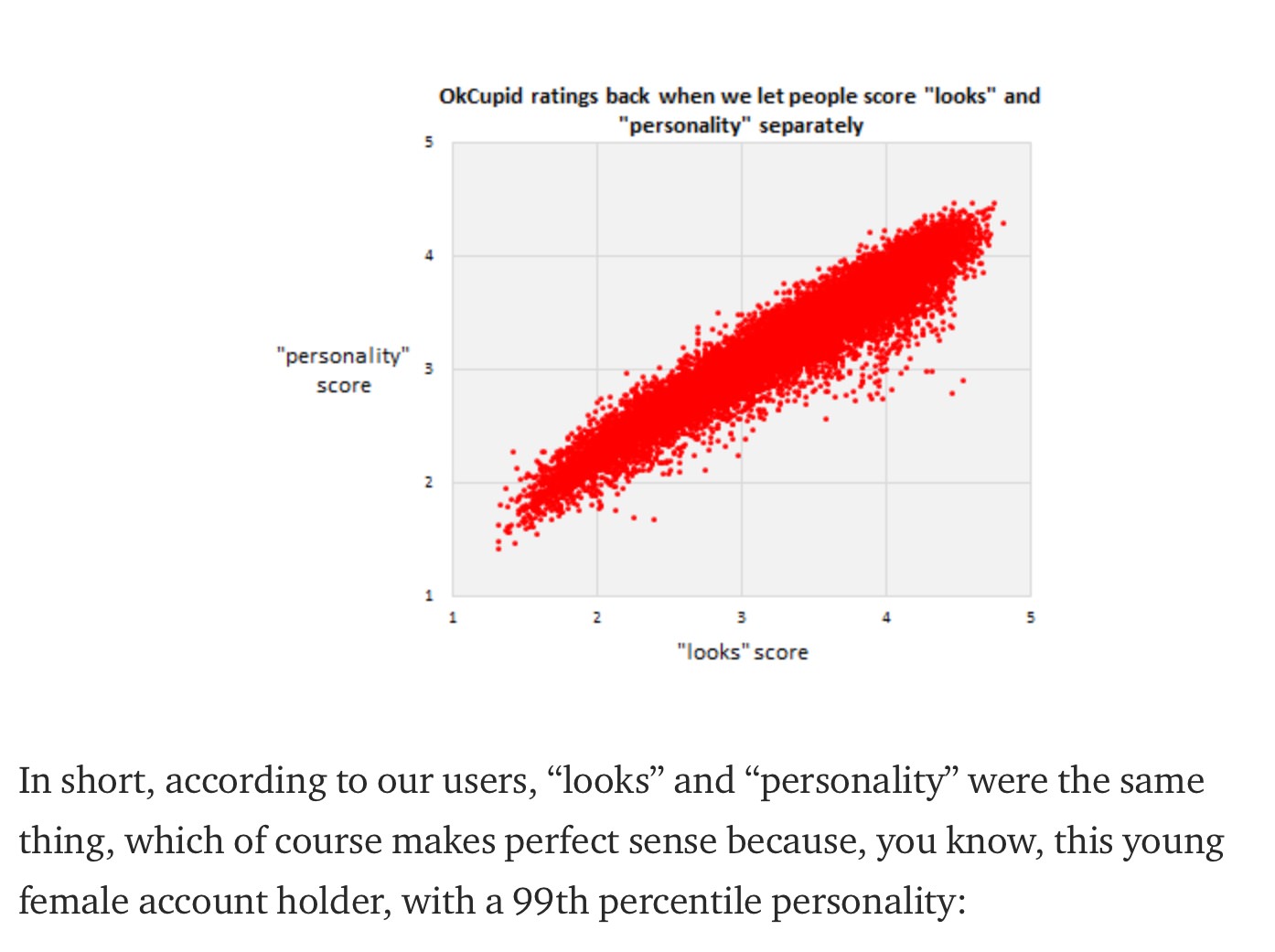"To provide 'beta' men an incentive to produce far more economic output than needed just to support themselves while simultaneously controlling the hypergamy of women that would deprive children of interaction with their biological fathers, all major religions constructed an institution to force constructive conduct out of both genders while penalizing the natural primate tendencies of each. This institution was known as 'marriage'. Societies that enforced monogamous marriage made sure all beta men had wives, thus unlocking productive output out of these men who in pre-modern times would have had no incentive to be productive. Women, in turn, received a provider, a protector, and higher social status than unmarried women, who often were trapped in poverty. When applied over an entire population of humans, this system was known as 'civilization'.
All societies that achieved great advances and lasted for multiple centuries followed this formula with very little deviation, and it is quite remarkable how similar the nature of monogamous marriage was across seemingly diverse cultures. Societies that deviated from this were quickly replaced. This 'contract' between the sexes was advantageous to beta men, women over the age of 35, and children, but greatly curbed the activities of alpha men and women under 35 (together, a much smaller group than the former one). Conversely, the pre-civilized norm of alpha men monopolizing 3 or more young women each, replacing aging ones with new ones, while the masses of beta men fight over a tiny supply of surplus/aging women, was chaotic and unstable, leaving beta men violent and unproductive, and aging mothers discarded by their alpha mates now vulnerable to poverty."











